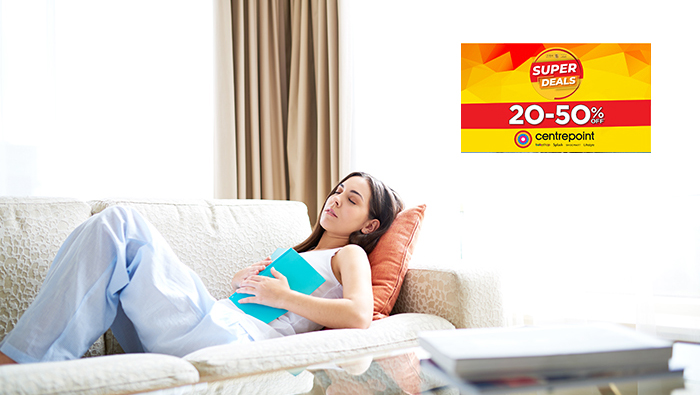
The sun goes up; the sun goes down. When it's too dark, you flip on a switch. When it's time for bed, you turn it off. Most people don't put much thought into the role that light plays in their life, thinking of it in a solely functional manner. However, research shows that the benefits of light — particularly natural light — go far beyond facilitating sight. When used correctly, it can help improve focus, productivity, sleep and health.
The profound benefits of light
Light has a significant effect on biological functions and is central to well-being. For example, exposure to daylight affects sleep quality, efficiency, alertness, mood and growth. Conversely, lack of natural light can have the opposite impact and contribute to sluggishness, sadness, irritability, fatigue and lack of focus. Some medical conditions result from limited light exposure: seasonal affective disorder (SAD) and acute myocardial infarction (AMI) are two examples, occurring more frequently during the darker months of the year.
Modern humans spend most of their time indoors, but solving these issues isn't as easy as turning on the light in a room because not all types of lights are equal. Dynamic lighting that mimics natural light is one of the best ways to get the benefits of natural light when inside and can be helpful in a variety of spaces, from the home and the office to fitness and health centres.
Independent studies have shown that dynamic lighting has many possible applications. For example, dynamic lighting has been used to help premature babies go home faster and professional hockey teams have gained a range of performance advantages in training, game preparation and recovery. Now dynamic lighting is being used to help people in their homes and where they work.
The development of personalised lighting systems
Being inside the majority of the day and often in front of screens inhibits the body's natural ability to synchronise with sunlight. The desire to solve this problem by harnessing the potential of dynamic lighting led illumination technology companies to develop BioCentric Lighting.
How does this personalised daylighting system work?
"BioCentric Lighting is a smart lighting system based on the latest scientific knowledge of human anatomy and our personal response to light," explained Olsson. "It is a self-learning system that integrates LED luminaires, sensors, Internet of Things (IoT) controls, artificial intelligence and cloud computing to simulate the biological benefits of the sun."
Improved sleep: Light is a key factor in humans' circadian rhythm, which is the sleep/wake cycle. A disrupted circadian rhythm can cause poor sleep and even some sleep disorders.
Improved productivity: BrainLit's BioCentric Lighting System contributes to the balancing level and timing and production of the activation hormone cortisol and the sleep hormone melatonin. This helps contribute to better sleep when it's time to rest and higher alertness when it's time to be awake.
Alertness and focus: Daylight has an alerting effect on the brain. BrainLit's BioCentric Lighting System stimulates the natural production of the activation hormone cortisol during the day by mimicking variations of daylight indoors, improving cognition, drive and creativity.
Immune support: Mimicking daylight indoors benefits many physiological processes vital to good health, including the immune system, metabolism, blood pressure, heart rate and body temperature.